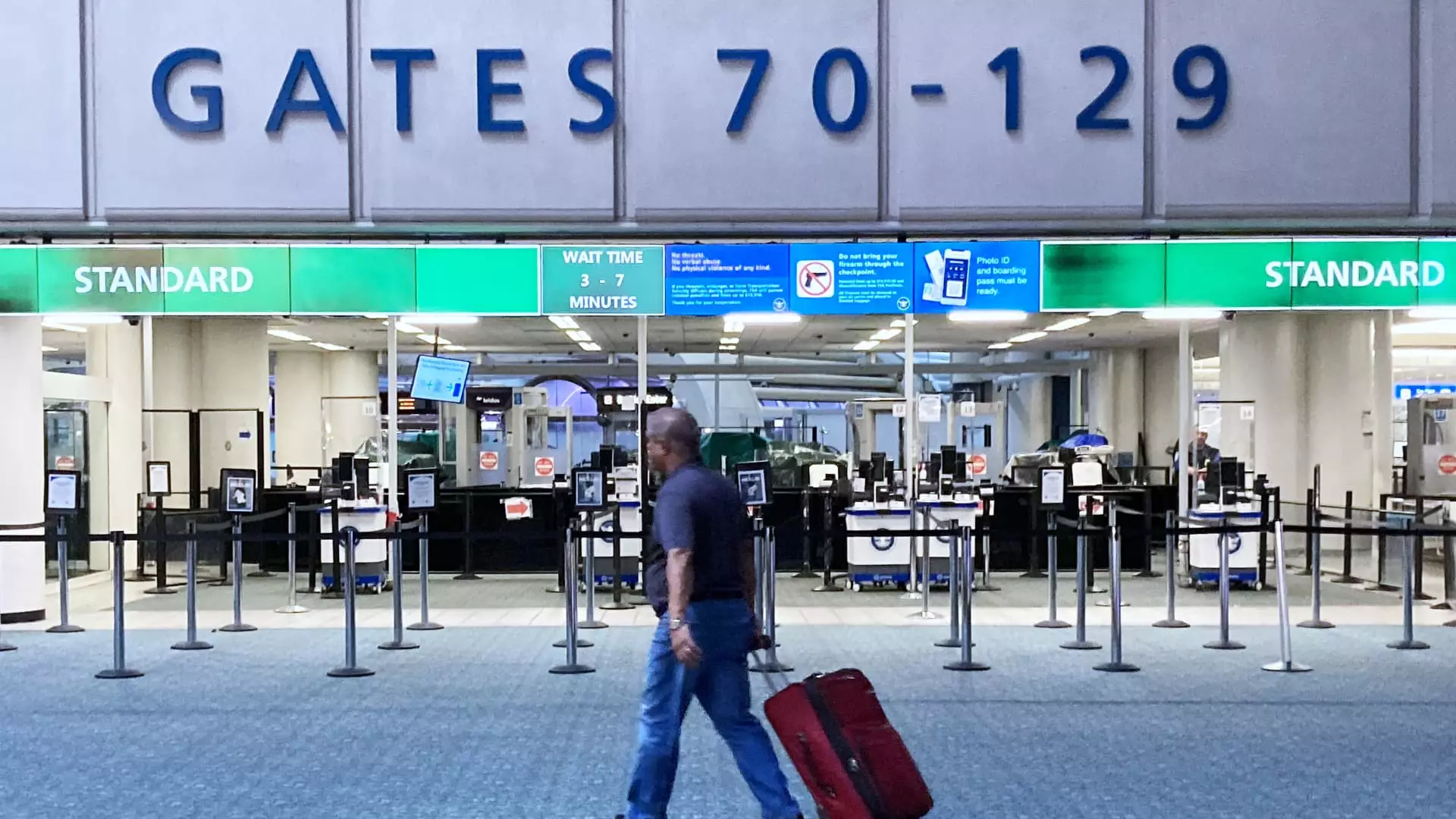As the holiday travel season approaches, the specter of a government shutdown looms large, creating uncertainty for millions of travelers. Recent political stalemates have blocked lawmakers from reaching an agreement on a short-term funding bill, which was crucial for keeping government operations running. With the clock ticking toward a potential shutdown at 12:01 a.m. ET on Saturday, the ramifications of a failed negotiation could be significant, particularly for the travel industry and the public workforce that supports it.
Should Congress fail to pass a spending bill, hundreds of thousands of government employees would find themselves furloughed. This situation mirrors past shutdowns where government services were drastically affected. However, essential employees, which include more than 14,000 air traffic controllers and nearly 60,000 Transportation Security Administration (TSA) agents, will continue to carry out their responsibilities without pay. This precarious situation places these workers in a challenging position, as they are expected to maintain high performance standards under stressful conditions without immediate financial compensation.
Airlines are bracing for what could be the busiest holiday travel season on record, forecasting increased passenger volume despite the looming government shutdown. The TSA predicts more than 40 million travelers will pass through airport security from now until January 2. Major airlines, like United Airlines, project a dramatic 12% increase in passenger numbers during the holiday window compared to the previous year. Such figures suggest that travel demand remains resilient even against a backdrop of governmental inefficiency.
In light of potential staffing issues stemming from the shutdown, the TSA has issued warnings about possible longer wait times at airports. A shutdown often leads to heightened anxiety among travelers, and if history is any guide, the situation could quickly spiral into a logistical nightmare. The anguish caused by extended queues at airports could detract from what should be a joyful season for millions of Americans.
Reflecting on the last significant shutdown, which lasted more than a month from December 2018 into January 2019, it becomes evident that air traffic was extensively disrupted, particularly along the congested Eastern seaboard. The then-President and lawmakers had to scramble to reconcile their differences, emphasizing the profound implications that political strife can have on everyday citizens.
Amidst the chaos of potential furloughs and logistical challenges, the topic of air traffic control modernization resurfaces as a priority. The Federal Aviation Administration (FAA), currently without a permanent administrator, is urged to set forth a strategy addressing both modernization efforts and the hiring of additional air traffic controllers. Delta Air Lines CEO Ed Bastian has articulated the need for this focus, recognizing that the future of air travel hinges on political stability and operational efficiency.
The looming government shutdown presents a multifaceted dilemma, intertwining political failures, employee welfare, and the timely execution of holiday travel plans. As the nation stands at this crossroads, the commitment of essential workers and the need for strategic improvements become ever more apparent. The consequences of inaction could echo beyond this holiday season, setting a precedent for future governance and travel management.


Leave a Reply